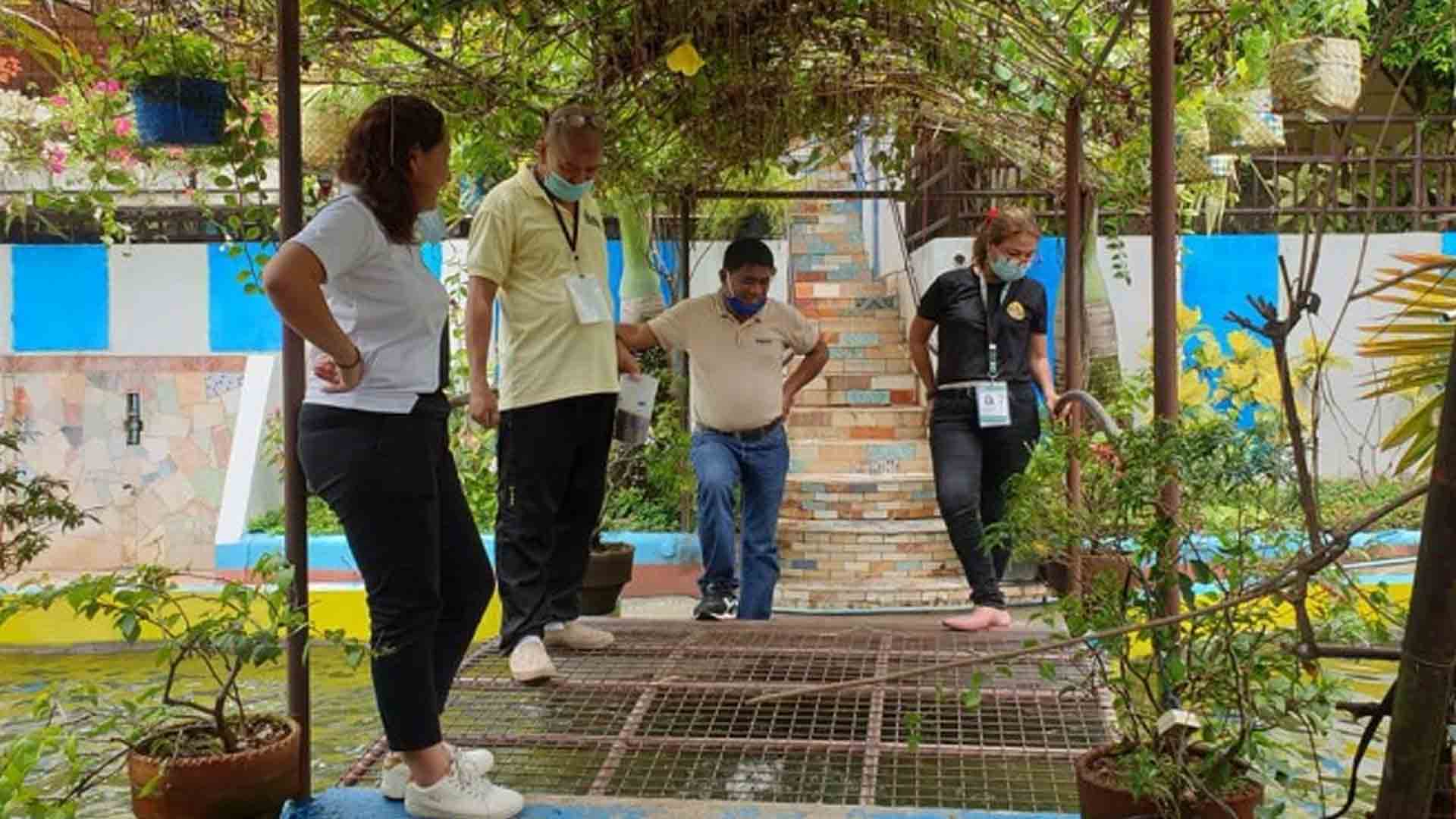The search for ‘Magsasakang Siyentista ’ (Farmer-scientist) is seen to further boost the promotion of the agriculture sector that is currently facing many challenges amid the coronavirus disease 2019 (Covid-19) pandemic, an official of the Agricultural Training Institute in Davao Region (ATI-11) said on Sunday.
Olivia Gatus, information chief of ATI-11, said qualified farmer-scientists will receive certificates and will be included in a national group of farmer scientists.
She said the awardees will also be part of the Farmers’ Information and Technology Services (FITS) where they will function as advisers to farmers and assist them through knowledge and technology sharing.
“They can share their technology to them [farmers] and at the same time provide hands-on or actual practice,” Gatus told Philippine News Agency (PNA).
Magsasaka Siyentista (MS) is a title earned by a farmer who has been successful in his/her use of science and technology-based indigenous technologies in the farm.
Gatus said MS complements the Techno Gabay center by providing the following services: serves as a resource person during the technology training, clinics, and seminars; provides technical assistance and hands-on training during cross-visits of other farmers; promotes Science and Technology-based farm which showcases the effectiveness in improving farm productivity and income; and extends farmer-to-farmer advisory services.
“For our part at the ATI, we can support him to the MS Summit and we can help in terms of promotion in his farm,” Gatus added.
On Aug. 5, ATI-11 staff validated the organic farming of Roni Manching from Panabo, Davao del Norte. He created a biocontrol agent that combat banana diseases like Fusarium wilt or Panama disease.
In an interview with PNA, Manching said it is a privilege being endorsed by the local government unit (LGU) of Kapalong, Davao del Norte where his organic farm was situated.
He said it will boost his enthusiasm in further helping the farmers particularly engaged in the banana industry.
“I am very much willing to share my technology to the farmers. My team will also assist them in their banana plantations,” Manching said.
He developed excellent microbial inoculants, the KWR super foliar feed with amino+, and KWR super plant feed with AMF. These inoculants are a mixture of kitchen wastes and various elements used as feed and effective insect and disease repellant.
Manching said he intends to introduce simplified farming practices by producing high-quality banana for export relying on soils’ natural potential.
“Reason why the banana industry is dying because of scare. If they saw that the leaf of the plant [banana] becomes yellowish, they would conclude that it is already Fusarium wilt where in fact it just a nutrient deficiency. So they resort to finding a cure on Fusarium rather than its main disease,” he said.
Currently, more than 100 farmers in the Davao Region, as well as the neighboring provinces, were served by the KWR team covering more than 4,000 hectares. (PNA)







